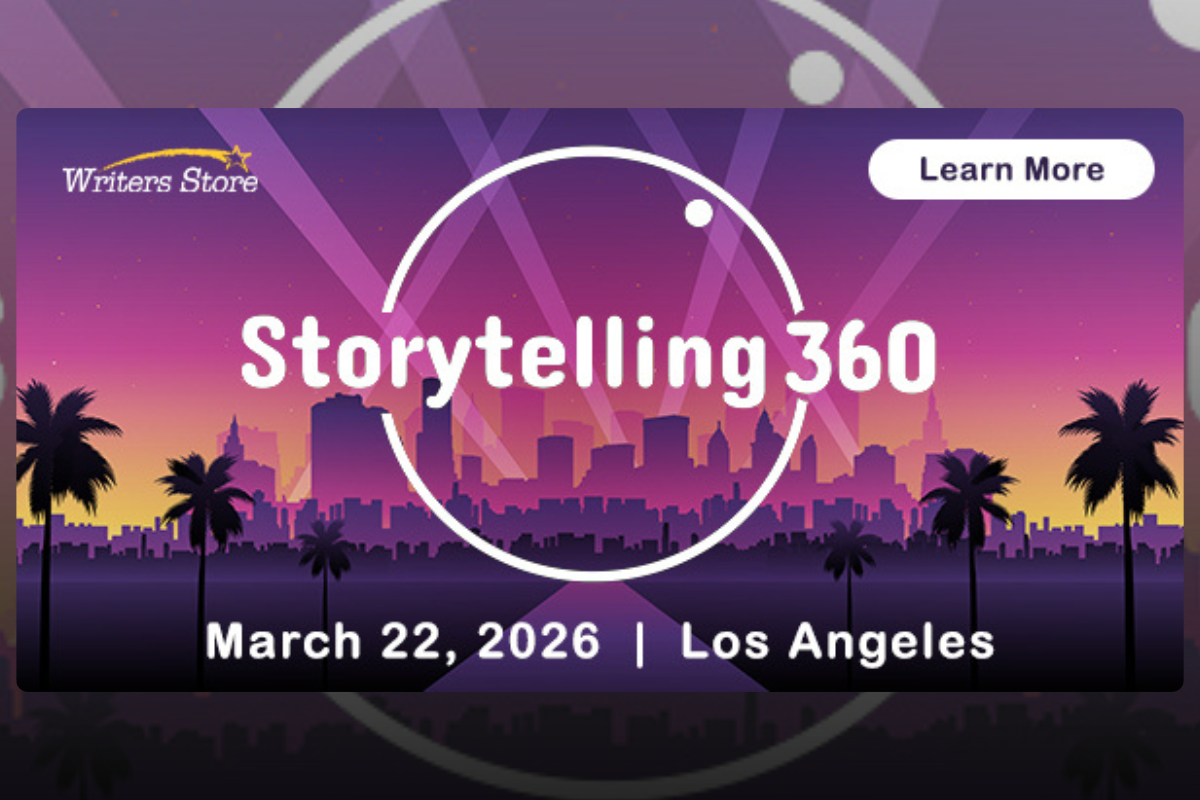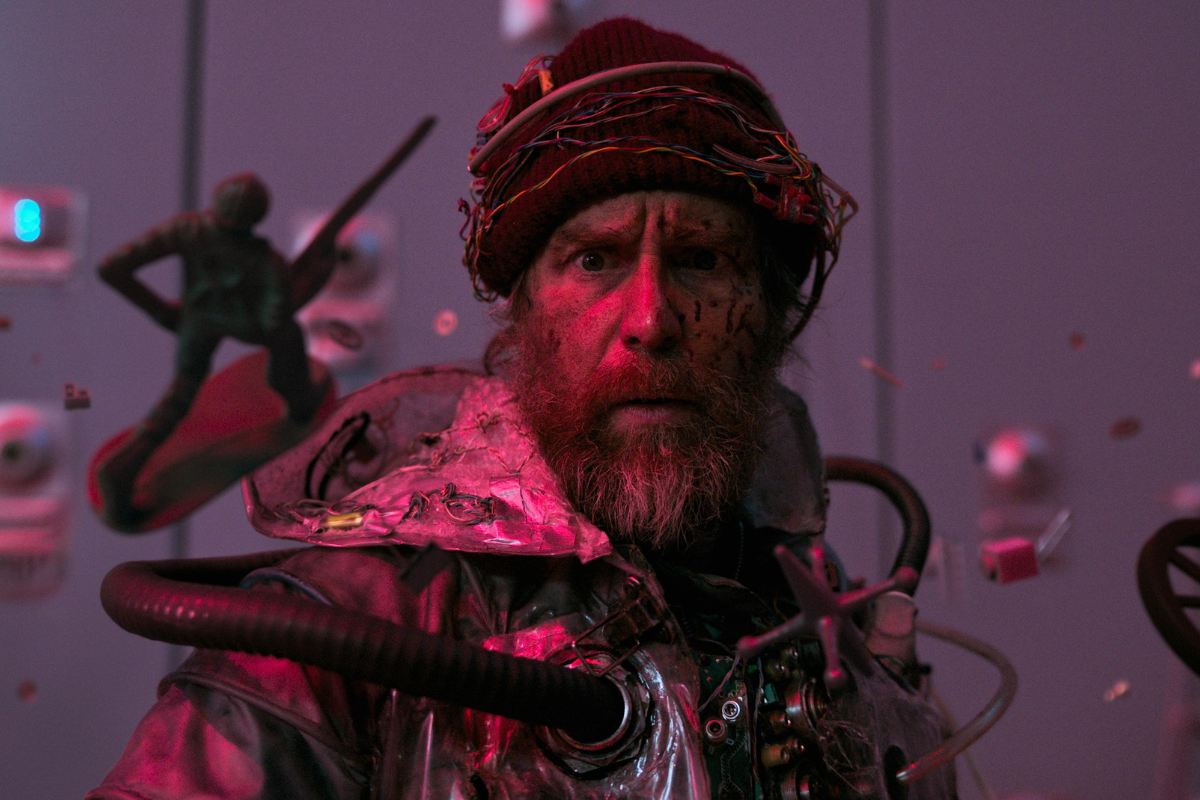SNARK A FILM: ‘Spotlight’
Miranda Sajdak continues this year’s post-Oscar Snarkitude, pulling out the big guns and taking on a film that just dies for snark: Spotlight.
Miranda Sajdak is a writer/producer/director currently living in Los Angeles. As a script reader, she has done coverage for producers of films ranging from indie hits like Drive to studio features including Final Destination, American Pie, and television shows Huge, Man in the High Castle, and My So-Called Life. She co-founded Script Chix in 2012 to provide coverage services to screenwriters. She was a winner of Go Into the Story‘s Quest Initiative in 2013 and was also a winner of The Next MacGyver competition in 2015, paired with mentor Clayton Krueger at Scott Free to develop original pilot Riveting. Her last project as a director premiered in L.A. at Outfest, and as a producer at Screamfest. She enjoys hard-hitting dramas, films with female leads, and '90s legal thrillers. She takes film snarking suggestions over on Twitter @MirandaSajdak and further potentially dangerous lifestyle choices can be supported at https://www.gofundme.com/MirandaDirects.
It’s still award season as far as I’m concerned (at least through the end of March, when I finally take down my Critics Choice Tree after lots of nagging from friends and family. Just me? No? Phew). To continue this year’s Oscar Snarkitude, I’m pulling out the big guns and taking on a film that just dies for snark: Spotlight.
To be fair to the filmmakers, Spotlight does a lot of interesting things. To start with, there’s the cast. The film stars Michael Keaton, Mark Ruffalo, Liev Schreiber, John Slattery, Stanley Tucci, Leonardo DiCaprio, Matt Damon, Chris Pratt, Chris Evans, Matthew McConaughey, Matthew Perry, Michael Fassbender — oh, sorry, I thought we were listing White Guys in Hollywood. Some of those people aren’t in it. However, it also stars Rachel McAfterthought, cause you can’t have a movie without a minor side-woman to appease the majority of the filmgoing audience.
Spotlight reflects its cast (almost 100% white, except for one glimpse of a non-white dude in background in an early meeting) in the sterile white-ness of the Boston Globe offices. You have to wonder if this was purposeful, and then you don’t, because this is Snark a Film. Aside from the lack of racial diversity (it’s Bahhhhstan!! I can hear my fellow Massholes shouting), the film doesn’t really do a whole lot with women. Rachel McAlmostWorthwhile is essentially on site to nurture and comfort the poor, broken men who need nurturing and comforting. While she does a bit of investigating into the actual stories behind the abuse victims (something the film could have benefited with more of), she’s really primarily there to help comfort people. As women do - and, certainly, as women journalists do. It’s their job, amirite?
Aside from the film’s essential disregard for minority/women’s existence, there are a number of areas also lacking. We don’t ever get a solid portrayal of the villain, here. It’s this amorphous church - 90 priests, hundreds elsewhere - and, yet, no lengthy interview with a single one. We get one glimpse at a guy who probably was abused himself, and that’s it. Where is the real investigative reporting, if it’s not targeting those who committed the crimes? There’s some time with people who covered them up, but very little/none with those who actually did it. While it’s fun to see Ruffalo Run-falo through the streets of various cities in search of papers to photocopy, that time would’ve been equally well-spent on digging up a priest or two to talk to. Someone from the Vatican. A bishop. Really anyone directly involved in the church, on the record. Not getting that left us feeling like there wasn’t a real, cohesive villain. It’s hard to make a movie that fights against an idea, but this one had real, live bad guys and failed to give us their faces.
Additionally, the film felt too easy for us as viewers, and way too complex for the supposed journalists. Motivations were murky, and it was hard to understand why they weren’t figuring out basic investigative techniques as quickly as we were. If they knew that abusive priests were being moved around, recorded as on “sick leave” (or other false classifications), why did it take them a good 20 minutes of screentime to backtrack based on those classifications? Why didn’t they do that immediately? It felt like poor journalism, and made them look more inept than they likely were at the time. Some of this may be due to absent details - how can a 2-hour film fit all those months of research in? - but it felt like we were supposed to support these people, not doubt their ability to do the basics in their jobs. As audience members, my co-viewer and I felt like we were better journalists than they were - and we have no training in said methods. John Slattery’s motivations were also unclear to us, throughout, though his performance was one of the most interesting, along with Ruffalo’s.
Lastly, the film suffers, like many Oscar films, from an overabundance of length. So many things could have been condensed and still given us the same point. There are scenes that exist for character building - like the discussion at the school - that don’t really move the plot forward. While that can be useful if we need to deepen who these people are, we really felt we knew them, already. Again, missed opportunities for face-time with the villains instead spent with the heroes chasing their own tails.
While Spotlight puts the spotlight on an important case and important issues, it does so at a price, and might better have spent some more time in script drafts to really bring these troubling events more fully to light.
- More articles by Miranda Sajdak
- Ask the Expert: Developing Characters Through Conflict
- Script Notes: Major Character Types - "Antagonist"
Learn tips Miranda has learned as a pro script reader in her webinar
Getting Past the Hollywood Gatekeepers
At a Glance:
- Get insight into what major pet peeves bug readers, and how to overcome them in your own work.
- Earn knowledge into how a reader’s mind works – and what they’re looking for.
- Discover how to get your script onto the reader’s desk – and beyond it.
Miranda Sajdak is a writer/producer/director currently living in Los Angeles. As a script reader, she has done coverage for producers of films ranging from indie hits like Drive to studio features including Final Destination, American Pie, and television shows Huge, Man in the High Castle, and My So-Called Life. She co-founded Script Chix in 2012 to provide coverage services to screenwriters. She was a winner of Go Into the Story‘s Quest Initiative in 2013 and was also a winner of The Next MacGyver competition in 2015, paired with mentor Clayton Krueger at Scott Free to develop original pilot Riveting. Her last project as a director premiered in LA at Outfest, and as a producer at Screamfest. She enjoys hard-hitting dramas, films with female leads, and '90s legal thrillers. She takes film snarking suggestions over on Twitter @MirandaSajdak and further potentially dangerous lifestyle choices can be supported at https://www.gofundme.com/MirandaDirects.







